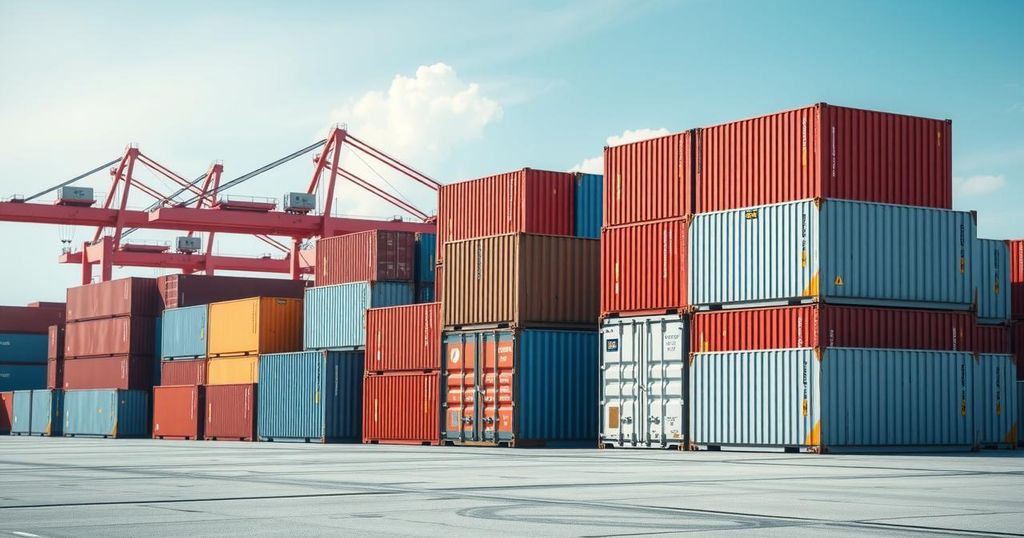Trump Prepares to Announce New Tariffs on Canada, China, and Mexico

Former President Trump is poised to announce tariffs against Canada, China, and Mexico, with potential implications for trade relations and consumer prices in the U.S. Experts warn these tariffs could lead to inflation and retaliatory measures from the affected countries, creating uncertainty in the economic landscape.
Former President Donald Trump may soon announce tariffs on key trading partners, including Canada, China, and Mexico. On January 20, he indicated plans to impose 25% tariffs on Canada and Mexico and a 10% duty on Chinese goods by February 1. Economists caution that such tariffs could lead to increased inflation and hinder economic growth, prompting a need for careful consideration of these trade policies.
Trump’s rationale for targeting these specific countries stems from their failure to address issues like undocumented immigration and the influx of illicit drugs into the United States. During his previous administration, he threatened similar tariffs as a negotiating tool to secure better trade terms, aiming to restrict imports of fentanyl from China and push Colombia to accept deported immigrants, demonstrating a pattern of using tariffs for political leverage.
Analysts speculate that instead of solely targeting individual nations, the Trump administration may apply broad tariffs across various countries, potentially impacting imports from nations in Asia, South America, and Europe. The specifics regarding the structure and timeline of these tariffs remain uncertain, leading experts to predict a range of possibilities about how swiftly and strategically these measures might be implemented.
Should these tariffs be enacted, experts anticipate that retaliatory actions from Canada and Mexico would likely follow. Economists assert that Canada might respond with similar tariffs on U.S. goods, while Mexico might target agricultural imports instead of manufactured products, given the interconnected nature of trade between the countries. Such retaliation could escalate tensions and affect a multitude of industries.
The implications of Trump’s potential tariffs raise concerns about increased consumer prices in the U.S. Economists warn that companies will typically pass on additional costs to consumers, leading to higher inflation rates. Projections indicate that if Trump implements a universal 10% tariff, consumer price inflation could rise by three to four percentage points, complicating the Federal Reserve’s monetary policy and growth objectives going forward.
The current discussion regarding tariffs comes in the wake of President Trump’s past announcements and policies focused on aggressive trade strategies. Tariffs have been proposed as a means to enforce compliance among trading partners concerning immigration and drug trafficking issues. Economists caution against the repercussions of these measures, as they could disrupt economic stability and trade relations, particularly given the immediate fears of rising inflation and retaliation.
In summary, President Trump may soon roll out new tariffs targeting Canada, Mexico, and China, framing them as a response to immigration and drug trafficking challenges. While some experts see potential for success, the risk of retaliatory tariffs and increased consumer prices could lead to significant economic consequences. The evolving trade landscape under Trump’s administration indicates a preference for using tariffs as tools of negotiation, which complicates international relations and economic policy moving forward.
Original Source: www.cbsnews.com








